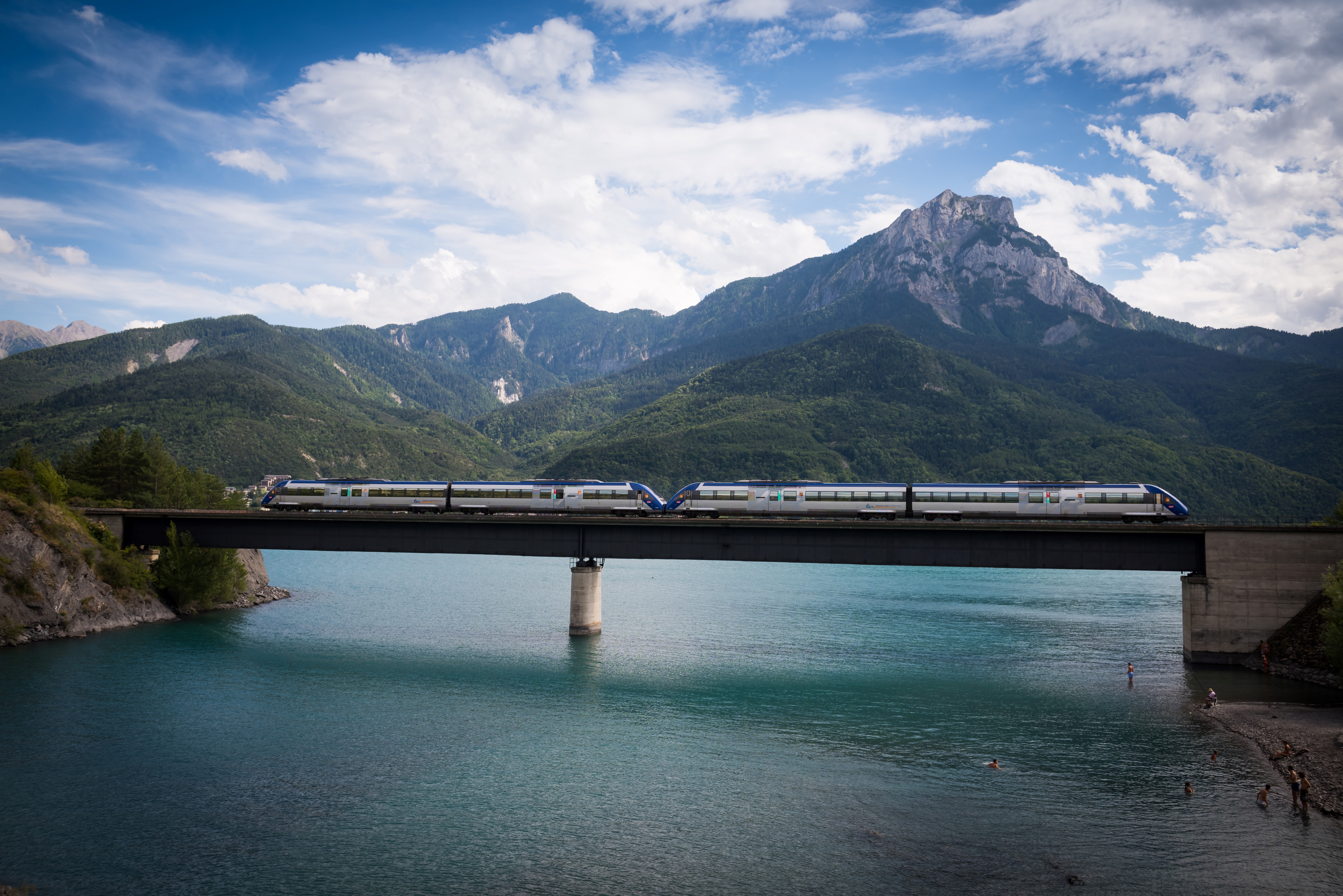Involvement of Infrastructure Managers
Infrastructure management is subject to different trends, which can have various origins (regulatory, financial, managerial, environmental, technical, human factors, etc.). Currently, the most disruptive trend is a technical one, i.e. digitalisation. It will have a substantial impact on virtually all business aspects of the Infrastructure Manager (IM), such as: workforce management, traffic management, stakeholder and customer relationship, procurement, safety and security, standards and specifications, etc.
As for other relevant trends, we can underline the growing importance of rail infrastructure on geopolitical matters, trade, defence, decarbonisation, multimodality and security aspects.
EIM in action
- EIM has organised several Working Groups, dealing with digital and preventive maintenance (Maintenance Platform), smart resilience (Resilience WG) and asset management (Asset Management WG);
- EIM and its members are in a constant dialogue about the opportunities and challenges of the various trends;
- EIM is a member of all relevant EU bodies addressing new technology, geopolitical issues, decarbonisation, multimodality, etc.
- EIM has a long-term cooperation agreement with its road partner CEDR to address trends impacting both modes.

©SNCF Réseau
Opportunities:
- Digitalisation can help improving the management and delivery of rail infrastructure;
- The increasing importance of rail infrastructure may trigger more investments;
- Decarbonisation and increasing environmental concerns favour the rail system overall, including the rail infrastructure manager.
Challenges:
- Digitalisation and technical reforms require high up-front investments;
- Slow innovation uptake will challenge rail infrastructure in an increasing multimodal environment;
- Geopolitical pressure may lead to costly changes of rules and specifications.

